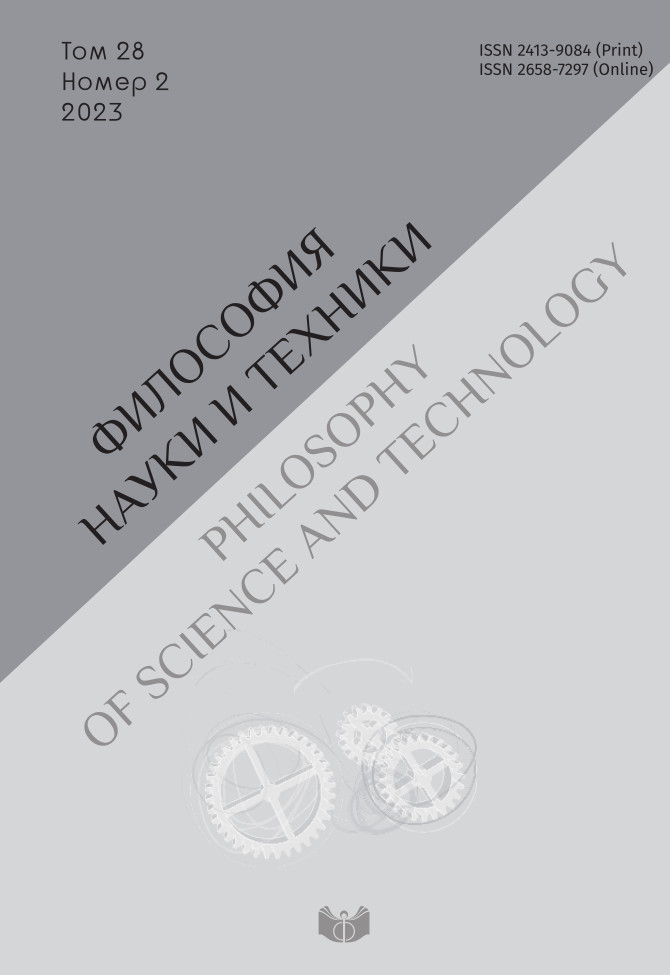Communicative approach to the evaluation criteria analysis of the social significance of the artificial intelligence development
DOI:
https://doi.org/10.21146/2413-9084-2023-28-2-79-87Keywords:
artificial intelligence (AI), social significance of the AI, evaluation criteria, communicative approach, social subject, information processes, encoding, transfer, information decoding, information causality, mental causality, information management, information securityAbstract
The communicative approach is an analysis of the information process involving the participation of various social actors in their relationship with each other (the phenomenon of polysubjectivity), but at the same time with artificial intelligence (AI) systems. At the same time. the positive and negative aspects of the impact of AI innovations on social activity are being clarified. Acts of communication are carried out in the form of informational causality, which differs from physical causality, but does not contradict it. The analysis of the specifics of informational causality due to the principles of isofunctionalism of systems and the invariance of information in relation to the physical properties of its carrier is carried out. It is shown that psychic (mental) causality is a type of informational causality and thereby receives a scientific explanation based on the informational approach. This entirely relates to the explanation of information management and mental management, which allows us to more thoroughly comprehend their role in the cognitive, communicative, practical activities of a social subject and, as shown in the article, opens up wider opportunities for solving questions about the socio-humanitarian foundations of the criteria for evaluating innovations using AI achievements and digitalization methods.











